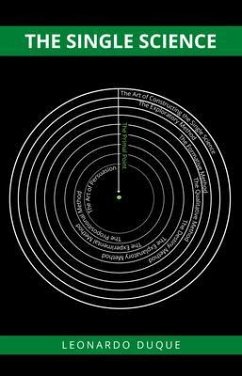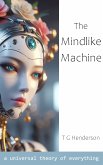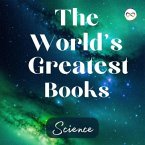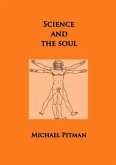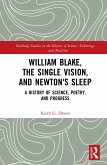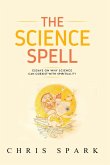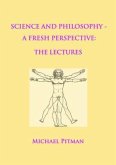The Single Science has been progressively in the making for over three decades.
In this book, when introducing the Exploratory Method, the author offers a solution to the contentious issue of evolution.
When applying The Formative Method of Science, the author finds that the current distribution of the added value among farmers, the agro-industry, and the merchant has significantly damaged the farmers' situation. Farmers physically work harder than the agro-industry and the merchant. Which one of them manages a greater complexity? Compare farmers' risks to those assumed by the agribusiness transforming cereal into oats or flour, the merchant who sells the product, and the profits they receive. The reasons for the above are the cumulative effect of prejudices and imitation as the root cause.
When addressing the farmers' situation using the Descriptive and Experimental Methods of Science, the author proposes to replace the construction industry as the engine of the economy today with the potential of biodiversity to generate employment worldwide. He also suggests the latent potency of nature's kingdoms for a unifying environmental curricular proposal to empower the world's youth with science methods, starting with the farmers' daughters and sons.
The author emphasizes within the Propositional Method of Science the principle of stewardship in the decision processes, monitoring and evaluating the chosen option's impact on all kingdoms.
When employing the Explanatory Method, the protection of farmers, food security for all, and the protection of biodiversity are the fundamental basis of the village and the neighborhood.
The author suggests that women should play a majority role in managing human affairs at the local, national and international levels, except for the Universal House of Justice. The reasoning that supports this suggestion is that women, among other attributes to making sound choices, have demonstrated to be less prone to corruption, are responsible for only 16% of crime worldwide, and have been endowed with more abundance of mercy, empathy, and tenderness of heart. To reach gender equality, we males should learn from them.
The causes of a divided world are many: political ideologies reproduced by the educational systems and media; the fragmentation of knowledge; science and religion belonging to completely different domains; imitation of ancestors; prejudices; each one has a different opinion and more. Then, what is the short, medium, and long-term strategy to reach unity of thought about some fundamental notions, such as what is a human being, science, and religion? That is the challenge initiated by The Single Science. In it, the reader will find notions of the realms of science and religion joined and welded in a common conceptual framework for reading, interpreting, and transforming reality using seven science methods.
In this book, when introducing the Exploratory Method, the author offers a solution to the contentious issue of evolution.
When applying The Formative Method of Science, the author finds that the current distribution of the added value among farmers, the agro-industry, and the merchant has significantly damaged the farmers' situation. Farmers physically work harder than the agro-industry and the merchant. Which one of them manages a greater complexity? Compare farmers' risks to those assumed by the agribusiness transforming cereal into oats or flour, the merchant who sells the product, and the profits they receive. The reasons for the above are the cumulative effect of prejudices and imitation as the root cause.
When addressing the farmers' situation using the Descriptive and Experimental Methods of Science, the author proposes to replace the construction industry as the engine of the economy today with the potential of biodiversity to generate employment worldwide. He also suggests the latent potency of nature's kingdoms for a unifying environmental curricular proposal to empower the world's youth with science methods, starting with the farmers' daughters and sons.
The author emphasizes within the Propositional Method of Science the principle of stewardship in the decision processes, monitoring and evaluating the chosen option's impact on all kingdoms.
When employing the Explanatory Method, the protection of farmers, food security for all, and the protection of biodiversity are the fundamental basis of the village and the neighborhood.
The author suggests that women should play a majority role in managing human affairs at the local, national and international levels, except for the Universal House of Justice. The reasoning that supports this suggestion is that women, among other attributes to making sound choices, have demonstrated to be less prone to corruption, are responsible for only 16% of crime worldwide, and have been endowed with more abundance of mercy, empathy, and tenderness of heart. To reach gender equality, we males should learn from them.
The causes of a divided world are many: political ideologies reproduced by the educational systems and media; the fragmentation of knowledge; science and religion belonging to completely different domains; imitation of ancestors; prejudices; each one has a different opinion and more. Then, what is the short, medium, and long-term strategy to reach unity of thought about some fundamental notions, such as what is a human being, science, and religion? That is the challenge initiated by The Single Science. In it, the reader will find notions of the realms of science and religion joined and welded in a common conceptual framework for reading, interpreting, and transforming reality using seven science methods.
Dieser Download kann aus rechtlichen Gründen nur mit Rechnungsadresse in A, D ausgeliefert werden.

